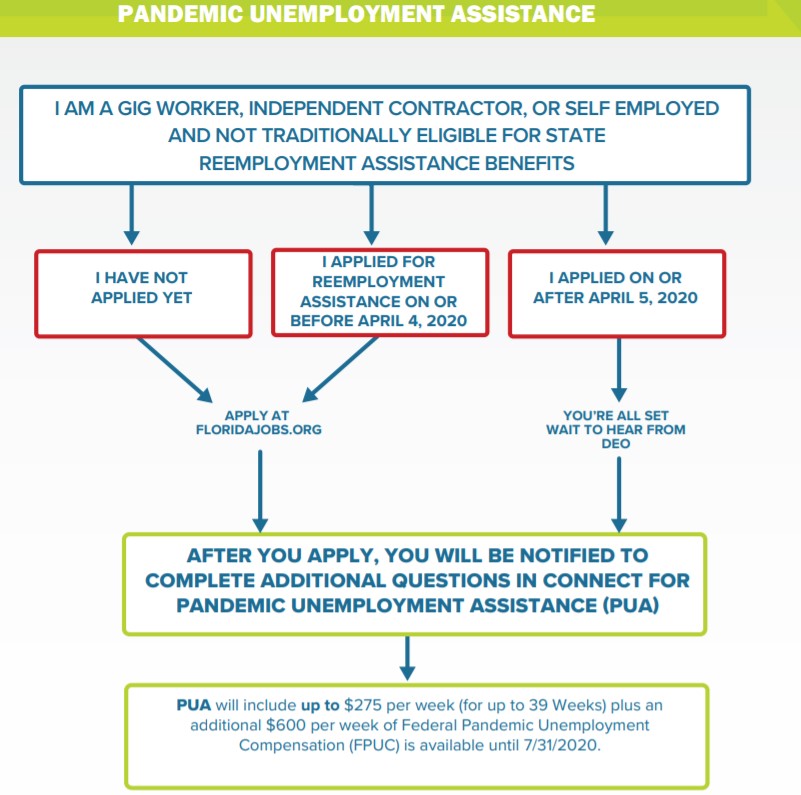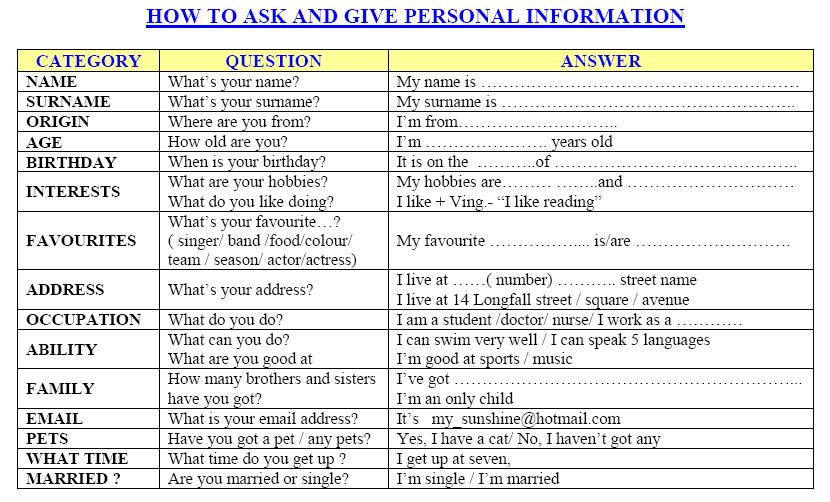How to microchip your child
Can You Microchip Your Child? What Every Parent Should Know
When it comes to GPS tracking system technology, most concerned parents always ask about the availability of microchips that can be implanted in children. What they want is a microchip implant in a person that uses live GPS tracking.
This chip can give them access to where their young one is located. To them, the microchip is a solution that allows them to find their offspring quickly. Parents will be happy knowing that they can keep their children safe.
So, can you microchip your child?
The answer is no. Child microchip trackers that can be kept under the skin do not exist now, so parents shouldn’t think about doing that or looking for one.
However, if you are a parent who is concerned about your young one’s safety, you should consider looking into the other real-time GPS tracking options that currently exist and is safe to use for your kid.
Keep reading to learn more!
Microchip Tracking DevicesThe basic concept of implanting a microchip into humans is simple: insert a GPS tracker under the child so that parents can track them in real-time. Of course, this type of technology is life-saving and it will give parents assurance that their kids are safe.
For instance, in a scenario where a divorced parent is worried about another scorned parent trying to take the child by force, this technology could be a lifesaver. Also, if a child wanders off at the park, parents can easily track that child.
If parents have a GPS implanted just under their young one’s skin, all they have to do is take out their mobile phone, access the GPS device app, and find where their child has gone.
Concerned parents are always searching for the best ways to protect their young ones, so they lock up cupboards, cap electrical outlets with plastic tabs, and always keep a watchful eye over them.
There is no doubt that their kids come first before anything for parents, so they would do anything to keep them safe. To keep their kids safe, they would spend any amount on different products and technologies that promise safety and protection for kids.
The above reason shows why more parents are now looking for tracking chips to give them real-time location data of their children 24/7. However, the answer to the question of whether you can use a microchip on your child is a big NO.
First, a microchip implant would not be helpful or practical. It won’t let you see the exact location of your young one because; it is simply a barcode, consisting of basic information about a pet.
The microchip has to be scanned to get the needed information, and that means implanting it in your child would only be helpful if that child is lost and checked at the police station.
Should You Make Use Of GPS Tracking For Your Young Ones?Whether or not parents should use a GPS Tracker for their kids is a trending topic. Whichever side you are on, know that children with special needs require extra measures for safety and protection.
50% of children with autism tend to wander off. If you think about this, you will understand why their parents are always searching for GPS Tracker for kids to protect their loved ones with special needs.![]()
Parents with typical children don’t usually need to worry about their children wandering off, although there can be cases of sleepwalking. In this case, a GPS Tracking device for children can protect the child.
Parents might also worry about their kids who go to and from school on their own. It would be comforting to know that your child has made it to school safely. A GPS tracker comes in handy.
However, parents whose children have autism or any other special need are not lucky in this aspect because they constantly have to worry if the child is safe without them around. We know that parents also have to go about their daily activities.
The worry and anxiety these parents have when sending their particular kids to school are unthinkable. The children tend to escape, wander, run away, or elope.
When young one cannot communicate, is a target of bullying, has meltdowns, or, doesn’t know anything about safety awareness, something that is as simple as boarding a bus to school can cause you to worry.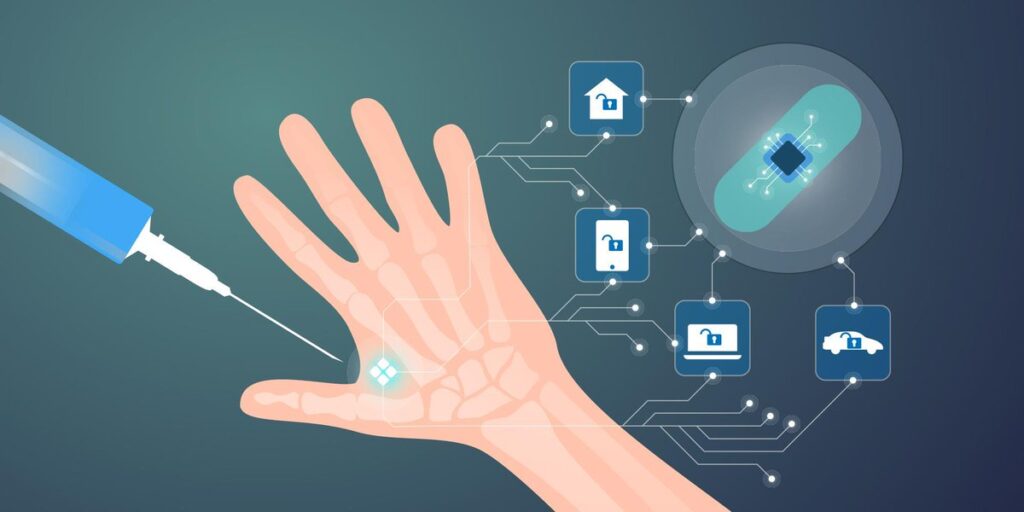
Parents who don’t have reasons to deal with these serious safety issues that parents with special kids have may not fully understand the importance of having a GPS Tracking device for kids.
Is It Illegal To Use A GPS Tracking Device On My Child?GPS tracking for your children isn’t illegal. If your child is under the age of 18, you are allowed to use a GPS tracker to monitor their movement. However, you cannot use a GPS tracker on a person above 18 without their consent.
Will My Child’s School Allow The Use Of An AGPS Tracking Device?Thousands of schools across the United States allow the use of GPS Tracker for kids. Some schools even purchase these devices for families to comply with policies for the safety of students with special needs.
If your child attends a school that does not understand the benefits of using a tracking device and doesn’t allow you to wear it on your child, you can resolve the issue with a doctor’s note stating its importance for the child’s safety.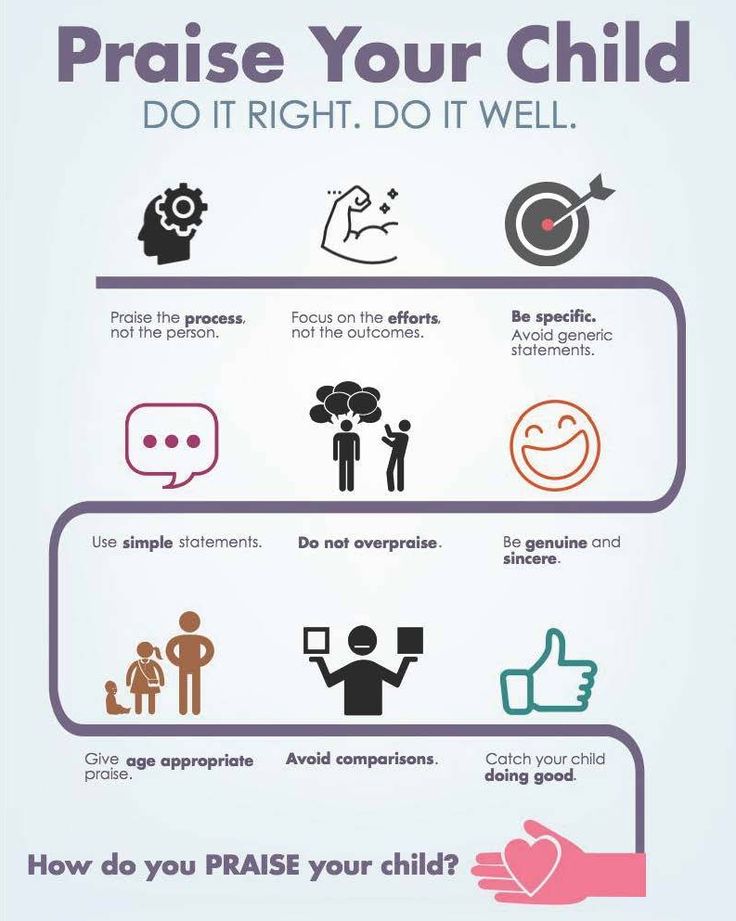
If you are looking for a GPS tracker for kids or want to buy a tracking device that you can keep in your pocket, you need to know certain things before making your purchase.
It will help if you look for a tracking device that is comfortable and fun for your child. It should also be durable and have accurate readings.
Below are a few things to consider when buying a tracking device for your child.
User-friendliness:Make sure you buy a tracking device that’s easy for both you and your kid to use. The tracker should not interfere with your child’s range of motion.
Age range:Before you invest in a device, check the recommended age range. Some trackers come with anti-tamper features.
Durability:Since children play rough, you should make sure that your kid’s tracking device could withstand hazards. Consider buying waterproof models in case your kid throws their device in water.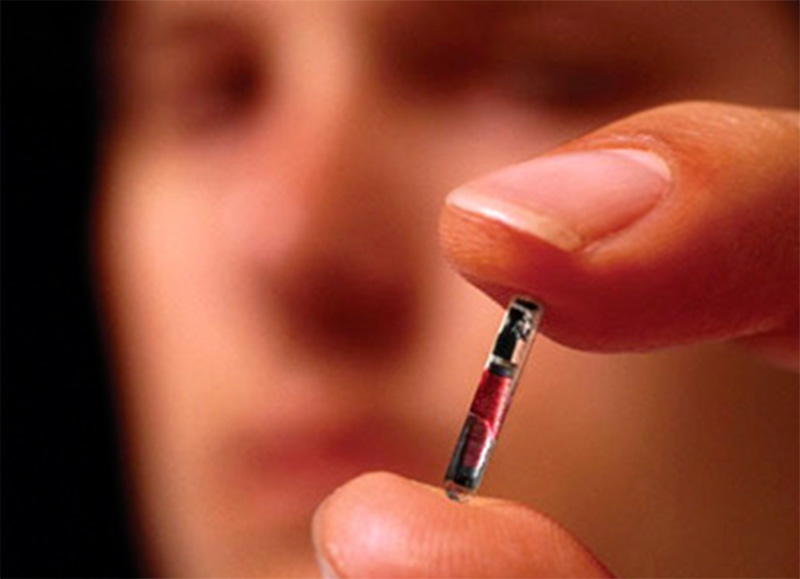
Some GPS tracking devices are better than others. Tracking devices that use cellular 4G LTE tracking are designed to perfectly handle long-range connections, making them useful if your child is far from you. On the other hand, Bluetooth devices work in close ranges.
Alerts and notifications:Consider buying a tracking device that has adjustable settings so that there won’t be false alarms. You should be able to customize the device. And this allows you to check your child anytime you want to and lets you know when something is wrong.
Panic button:Some GPS devices for children feature a panic button that allows your child to alert you when they are in trouble or need help.
Two-way communication:The two-way communication allows you to speak to your kid through their tracking device like an intercom. This feature will enable you to ask if your child needs help.
Games:If a tracking device features games and step counters, your kid will have more motivation to wear it. After all, it isn’t helpful if the child doesn’t want it. However, you have to make sure the games on the device are not too distracting.
After all, it isn’t helpful if the child doesn’t want it. However, you have to make sure the games on the device are not too distracting.
Real-time tracking is the most crucial feature of your child’s tracking device because your reason for buying it is to know where your child is. The settings are adjustable from the tracker’s app. It can send your child’s location to you.
Are GPS Trackers Safe For kids?Yes. The technology that GPS trackers use is the same as in our phones, such as GPS locating, Bluetooth, and Cellular signals.
Why Does My Kid Need A GPS Tracker?While some people may think tracking your child’s move is rarely necessary, sometimes you may need to give your child a GPS tracking device. For example, a tracker can help parents whose children live in multiple households.
It can also help parents whose children have special needs to track their movement. Trackers will also benefit toddlers. Just put a tiny tracker on the toddler’s shoelace or clothes if you find yourself in a crowded place.
Just put a tiny tracker on the toddler’s shoelace or clothes if you find yourself in a crowded place.
GPS Trackers will benefits parents who are concerned about their kids’ safety. Also, it makes family outings a little safer and gives parents the confidence to let their kids explore the world.
While you cannot implant a microchip on your child, you can invest in a GPS tracking device for children to keep your child safe. When you have a GPS tracking device on your child, you will know if they have wandered off or need your help.
Similar Posts:
Can We Microchip Our Kids to Prevent Kidnapping?
How can we use technology to keep track of our kids? (Photo: New York Observer)At least twice a day, a parent calls BrickHouse Security, a Midtown salon of surveillance, with the same question: Is it possible to implant a tracking microchip in their kids? “If we don’t get a call a day,” the company’s CEO Todd Morris told the Observer with a chuckle, “I’ll probably think our phone system’s broken. ”
”
As Mr. Morris explained, it is not currently possible to microchip kids as if they were puppies. The chips behind dogs’ ears are merely barcodes, so they can be identified if they turn up at the pound—they’re not GPS trackers. To implant a GPS tracker in a child, you’d not only have to insert a chip under their skin, but a bulky cellular receiver and battery, too.
“Would you like this under your skin?” Mr. Morris asked, showing us a large black rectangular battery. “It’s the size of a pacemaker … It’s not realistic to do.”
But less intrusive child-tracking technology has become increasingly in demand at BrickHouse. With the New York State Department of Justice estimating that 20,124 kids were reported missing in 2013—with 8,003 of those occurring in New York City—parents increasingly look to technology to keep tabs on their progeny.
BrickHouse’s most popular product is currently the $129 Spark Nano 4.0, a small, rectangular GPS tracker that can be fastened to a child’s belt. There’s also the $30 Toddler Tag Child Locator, which clips onto a bag, shoe or article of clothing and sends an alert to the parent’s accompanying transmitter when the child has wandered more than 30 feet away.
There’s also the $30 Toddler Tag Child Locator, which clips onto a bag, shoe or article of clothing and sends an alert to the parent’s accompanying transmitter when the child has wandered more than 30 feet away.
The products, Mr. Morris said, have become especially attractive to parents of children with special needs, such as autism. More than half of children with autism are wanderers, according to a 2012 study by the advocacy group Autism Speaks.
“Wandering is a very real risk for a portion of our population,” Lisa Goring, Autism Speak’s executive vice president of programs and services, told the Observer. Clothes from Ms. Thierry’s line. (Photo: Facebook)
When it comes to wearable GPS trackers, parents might also be interested in Independence Day Clothing: A line created by former CNN anchor Lauren Thierry, whose son, Liam, has autism. Besides being reversible and devoid of buttons, tags and zippers—common sensory triggers for kids with autism and Tourette Syndrome—the clothing items have discreet, hidden compartments designed to store GPS trackers. An EMPOWER GPS tracker, which parents can monitor via smartphone, is available for free with every Independence Day order (customers will still, however, have to pay a $69.95 activation fee and $14.95 monthly service charge).
An EMPOWER GPS tracker, which parents can monitor via smartphone, is available for free with every Independence Day order (customers will still, however, have to pay a $69.95 activation fee and $14.95 monthly service charge).
In Ms. Thierry’s opinion, hiding the trackers inside regular clothing items works better than forcing a kid to wear a special watch or ankle bracelet.
“I’ve seen a girl chew through a Hello Kitty watch in 15 minutes to get it off—my heart went out to her,” Ms. Thierry told the Observer. “And you want her to wear an ankle bracelet?”
David Finkelhor, director of the Crimes Against Children Research Center at the University of New Hampshire, questions whether GPS devices are the most effective means of tracking children.
Imagine, for instance, if a child were abducted as part of a custody battle—the most common form of child abduction, by a landslide. Of the 8,003 children reported missing in NYC in 2013, all but 15 were either runaways or “familial abductions. ”
”
“The problem with family abduction,” Mr. Finkelhor said, “is if the other parent wanted to disappear with the child, it’s likely they’d have enough knowledge about the child to disable or throw away whatever device it is.”
If a tracking device is too conspicuous, you could always harness the power of something nearly every kid has nowadays: a cellphone.
Consider the power of Find My iPhone, Apple’s own service that helps you track your lost device—or, in the case of a 2013 incident in Texas, a lost child.
In September 2013, a dad left his 5-year-old son in the car while he popped into a Houston liquor store. A thief jumped into the SUV and sped away—the young boy still inside. With the help of his iPad, the distraught dad used the app to track an iPhone that he’d left in the stolen car. The program led police to his stolen vehicle, and, more importantly, his missing son. Followmee, another tracking app. (Photo: iTunes)
Another option is Followmee, a $3. 99 GPS tracking app with around 100,000 users, according to founder Chris Li. Once the app is downloaded onto a child’s phone, parents can log on to Followmee.com to receive regular updates on their kid’s geographical location. By default, the app registers their location every 10 minutes, but parents can adjust the settings so updates are as frequent as once a minute.
99 GPS tracking app with around 100,000 users, according to founder Chris Li. Once the app is downloaded onto a child’s phone, parents can log on to Followmee.com to receive regular updates on their kid’s geographical location. By default, the app registers their location every 10 minutes, but parents can adjust the settings so updates are as frequent as once a minute.
The app also comes with a panic button. When pressed, parents will receive an email alerting them to their child’s current location.
“My kid has the app running on his phone—every hour, I can see where he is,” Mr. Li said. “At 11 years old, he has no objection to it. But when he gets older, I don’t know! It’s going to be a struggle.”
Whatever device parents end up using, the experts agree they should be tailored to a family’s needs. If there’s not a very real probability of a child going missing—as in the case of some children with autism or a vicious custody battle—parents don’t need to go overboard with the tracking technology.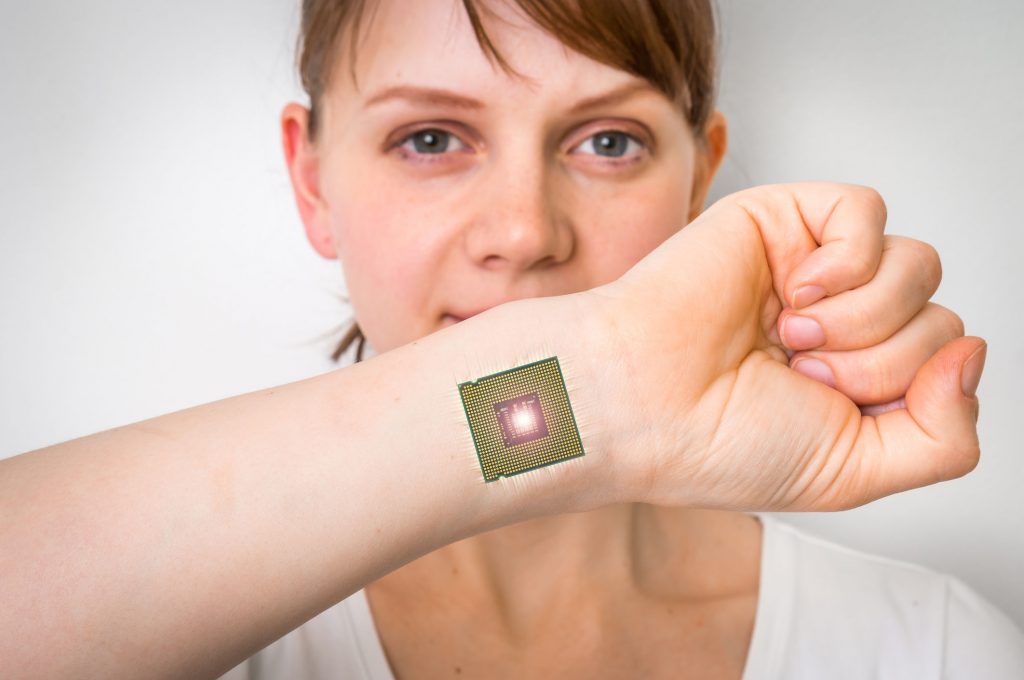
At the end of the day, the risk of a child being abducted by a stranger is “like lightning striking,” said Mr. Morris of BrickHouse Security. “You end up living in fear,” he continued, “which is not what we want.”
Additional reporting by Sage Lazzaro.
90,000 St. Petersburg parents ask to have their children chipped. Like animalsKomsomolskaya Pravda
August 1, 2012 16:13
Mothers want to establish total surveillance of offspring
Like in a Hollywood movie
August. Nothing left before the start of the school year. Thirty more days and thousands of underage schoolchildren and kindergartners will spend their days away from home. Without parental supervision. Alone.
- It's scary, to be honest, - the mother of the future first-grader Elena Karetina admitted to Komsomolskaya Pravda. - I have one son, an adult, studying at the institute. Until the fifth grade, I almost took him to school by the hand. As to be with younger - I do not know. I don't have the strength to get up early every morning. Besides, I work, I get tired. And the age is not the same. nine0004
As to be with younger - I do not know. I don't have the strength to get up early every morning. Besides, I work, I get tired. And the age is not the same. nine0004
Karetina is worried: her seven-year-old son is very frisky, he needs an eye and an eye. Elena is afraid to trust teachers. Suddenly, her precious child will go to the store for chips at a break and disappear.
- I probably love him too much, - Karetina confessed. - I'm worried.
The restless mother saw the solution to the problem on TV when she was watching the film "Spy Kids" with her child. There, parents saved their children from the hands of villains with the help of implanted microchips.
- I understand that all this was not real, - said Karetina. - But nonetheless.
The woman, inspired by what she saw, caught fire with ideas: what if a chip is implanted in her son's body? Learned: technology allows. Moreover, in America, all volunteers have been implanted with microchips for the past six years.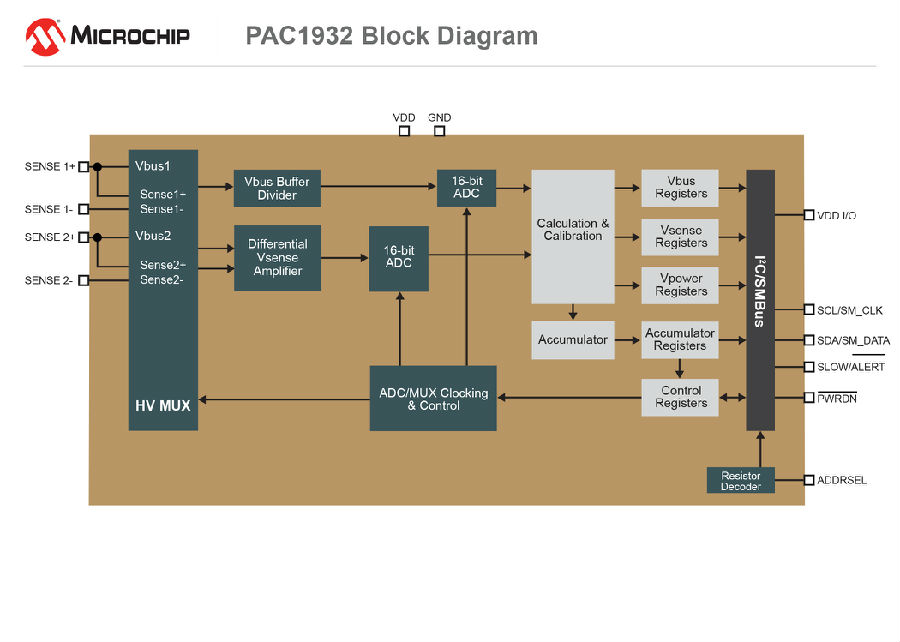 Elena organized an online survey among mothers. Most of them voted for the chipization of their offspring. Naturally, they did not ask their children.
Elena organized an online survey among mothers. Most of them voted for the chipization of their offspring. Naturally, they did not ask their children.
“Implanting a chip is not a problem”
Around the chipping in Russia, and throughout the world, heated debate flares up: they say that implanting a sensor into the body violates all human rights. Especially when it comes to unintelligent children. Bloggers on the Internet recall the large-scale chipping program for the entire population of Russia.
Information about a person will be stored on an electronic microcircuit. All the ins and outs. Chips, like a bank card, can be paid in stores. And almost ride on them in public transport. But this is only in projects. nine0004
Now, proactive parents are asking for one thing: they want to track the movements of their children using a chip. If the child does not pick up the phone or does not return home on time.
- There are no problems with technologies, they have gone very far in their development, - Kirill Yarosh, director of the German-Russian Institute of Biomagnetic Cybernetics and Nanotechnologies, told us.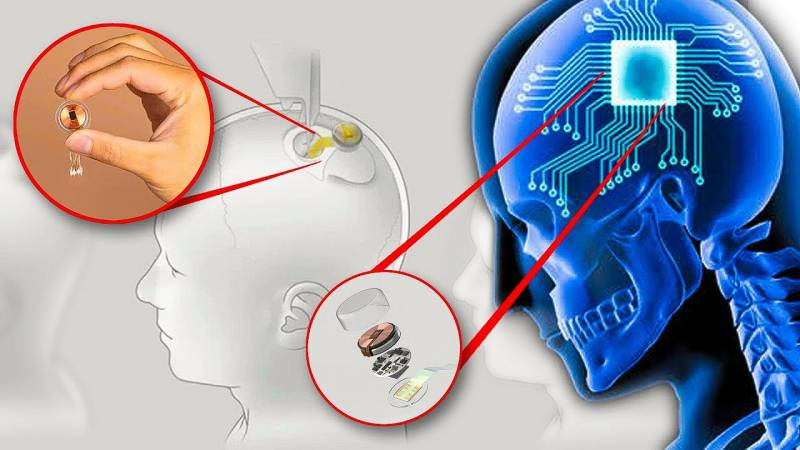 - It is possible to implant a chip into the human body. But ethical considerations! This is too big a step.
- It is possible to implant a chip into the human body. But ethical considerations! This is too big a step.
In our area, according to the scientist, people can easily do without chips. Another thing is veterinarians who put electronic marks on animals. For example, on dogs, so that they do not get lost. They store all the information not only about the dog, but also about the owner. That is contact information. And possibly a reward for the find. nine0004
“Children are not dogs”
- I think that the idea is unsuccessful, - Natalya Danilevich, the head of the volunteer movement "Piter - Poisk", admitted to KP. - Runners, children who run away from home “of their own free will”, will start picking out chips from the body. The problem won't be solved.
Moreover, according to Danilevich, from the point of view of the search, these chips will also not give results.
- As far as I know, they only work at a short distance. It is important to understand that children are not lost dogs, Natalia said.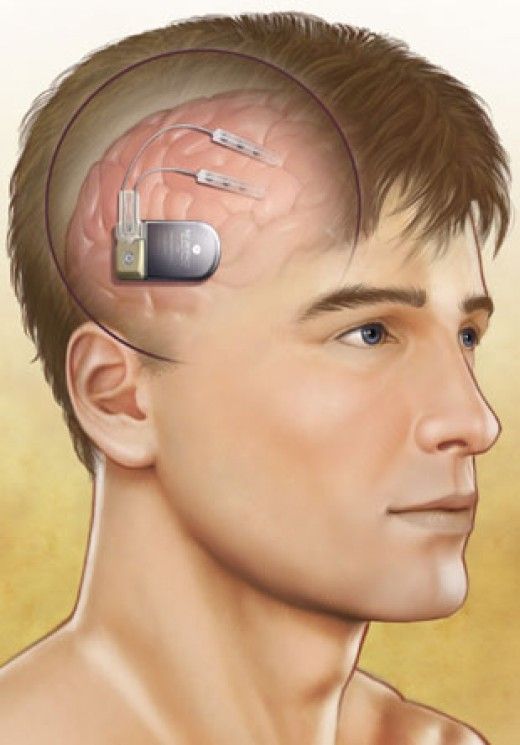 nine0004
nine0004
Volunteers advise: trackers are much more effective in finding people. These are sensors that can be put in a child's jacket pocket and the computer calculates its location. They can look like a watch or even a piece of jewelry. Moreover, some of the trackers are equipped with panic buttons. By the way, if you remember the movie "Spy Kids", then there the heroes had just such gadgets. Vladimir Sheremet:
- Where are you going to insert these chips, excuse me? In addition, from what will the chip be charged? Solar energy? So the sun in our city is not a frequent visitor. In addition, the size ... And he must send signals to the satellite. At least once an hour. After all, it is necessary to provide power to such a device. But how? Batteries? How safe is it for a child? It will work for a day or two and that's it. In general, there are many questions. There is nothing like it not only in Russia, but throughout the world!
OPINION
“Imagine if chips were implanted in Jesus Christ, apostles and Roman soldiers!”
President of the public charity fund "Parents Bridge" Marina Levina:
- Chipping will lead to global control and impact on the human psyche and health. To some global power. Money will essentially turn into information placed on a chip. All of this will be under control. As a believer, I believe that we are all in the hands of God. Therefore, whether my child has a chip or not, everything will happen as it should happen. This is the secret and meaning of life. nine0004
To some global power. Money will essentially turn into information placed on a chip. All of this will be under control. As a believer, I believe that we are all in the hands of God. Therefore, whether my child has a chip or not, everything will happen as it should happen. This is the secret and meaning of life. nine0004
We are not biological material or animals who cannot be responsible for their lives and future. I am ready to bear responsibility for the life of my children myself, realizing all the consequences of my decision. I am not ready to transfer it, along with freedom, into the wrong hands. Imagine if Christ, the apostles and the Roman soldiers were implanted with chips. It would be an interesting story.
BTW
Electronic angels or devil marks?
Cows are microchipped in Europe. The history of their life lead from birth. The chip remembers how much milk the cow drank while feeding, in order to later calculate the number of calories that she will need to get. nine0004
nine0004
In America, forcibly chipping people is against the law. By consent only. In the same place, microchips are called "electronic angels." Or - "marks of the devil."
Age category of the site 18+
The online publication (website) is registered by Roskomnadzor, certificate El No. FS77-80505 dated March 15, 2021.
EDITOR-IN-CHIEF OF THE SITE - KANSK VICTOR FYODOROVICH.
THE AUTHOR OF THE MODERN VERSION OF THE EDITION IS SUNGORKIN VLADIMIR NIKOLAEVICH. nine0004
Messages and comments from site readers are posted without preliminary editing. The editors reserve the right to remove them from the site or edit them if the specified messages and comments are an abuse of freedom mass media or violation of other requirements of the law.
EDITORIAL ADDRESS: CJSC "Komsomolskaya Pravda in St. Petersburg", Gatchinskaya street, 35 A, St. Petersburg. POSTAL CODE: 197136 CONTACT TELEPHONE: +7 (812) 458-90-68
Exclusive rights to materials posted on the website www. kp.ru, in accordance with the legislation of the Russian Federation for the Protection of the Results of Intellectual Activity belong to JSC Publishing House Komsomolskaya Pravda, and do not be used by others in any way form without the written permission of the copyright holder.
kp.ru, in accordance with the legislation of the Russian Federation for the Protection of the Results of Intellectual Activity belong to JSC Publishing House Komsomolskaya Pravda, and do not be used by others in any way form without the written permission of the copyright holder.
Acquisition of copyrights and communication with the editors: [email protected]
Introduction of a complete ban on electronic human chipping
- Home
- → Vote
- → Archived Initiative
- Initiative No.
- 78Ф9352
- Initiative level:
- Federal
Share
No one will deny that we live in a technologically advanced, informational, extremely dynamically developing society.
Modern technologies of communication, management, collection and storage of information about all spheres of society have firmly entered our lives.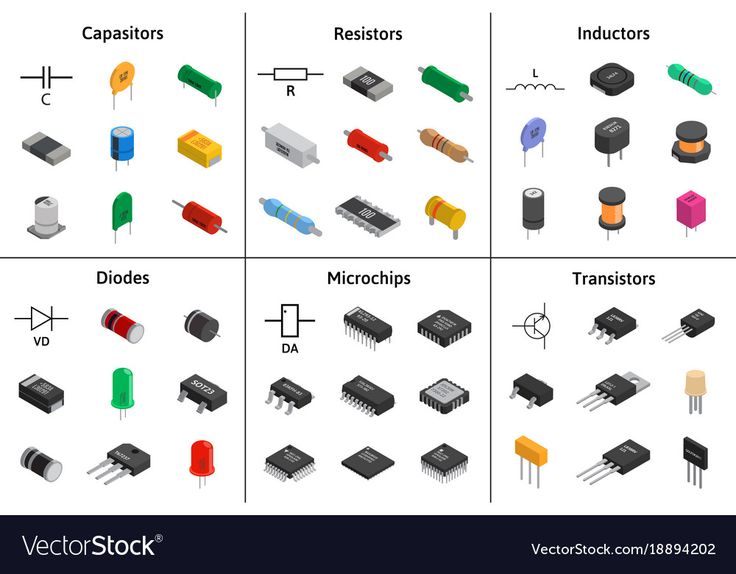 Techniques for collecting and exchanging information are diverse and complex. The benefits of such informatization are invaluable for society and civilization. nine0121 But there is such an area of collecting information about which and operating with it is not desirable, if not destructive for a society that positions itself as mature and independent, which is alien to totalitarianism and an atmosphere of universal control.
Techniques for collecting and exchanging information are diverse and complex. The benefits of such informatization are invaluable for society and civilization. nine0121 But there is such an area of collecting information about which and operating with it is not desirable, if not destructive for a society that positions itself as mature and independent, which is alien to totalitarianism and an atmosphere of universal control.
We are talking about the long-discussed idea of collecting and fixing in electronic form a wide range of information about a particular person and recording it on electronic media implanted in the human body, with the possibility of remote control of their carrier—(in fact, chipization of the population). nine0121 These ideas are so radical and ambiguous that a direct transition to their implementation can be resolutely rejected by society, without the possibility of returning to them.
Therefore, at present, we are witnessing how they are trying to gradually, without shocking society and without forcing the process, to lead us to accept the usefulness and indispensability of this idea for modern life.
In particular, at present, since the beginning of 2013, there has been a widespread and total provision of the population with universal electronic cards. nine0121 It is argued that the introduction of a universal carrier will make every citizen more mobile, will greatly facilitate his access to public services, will be recognized abroad, will become an electronic wallet, etc.
The first persons of the state claim that the card will bring “communication of a citizen with the state”, bureaucratic structures to a new level and provide new opportunities for Russians. Ultimately, ordinary people will feel more secure in front of the state. nine0121 It is assumed that it will be possible to pay for many services with an electronic card, including services in the system of compulsory medical and pension insurance, banking services, travel by transport. In the future, the UEC can replace the main documents of the country's citizens, thus combining the function of a wallet and a passport.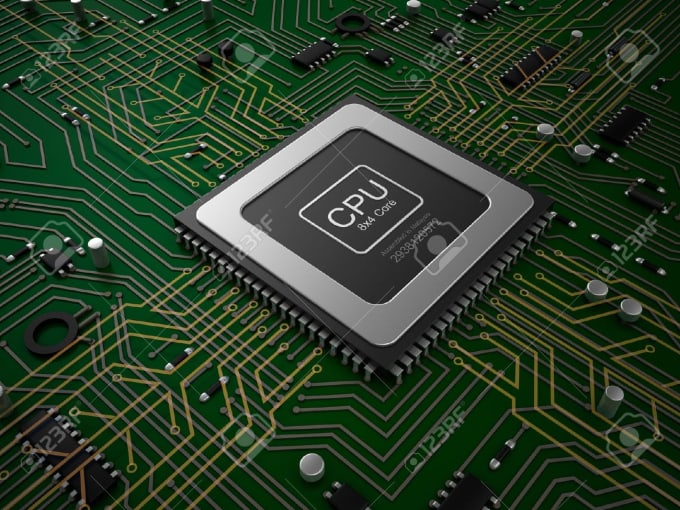
At the same time, the speed and state pressure with which the introduction of this dubious procedure is being carried out make us think about its benefit to the state and not to society. nine0121 Currently, there is such a thing as points for issuing UEC based on KAMAZ vehicles, which, taking into account the inability of the state to provide transport links to the settlements of Russia, raises legitimate questions leading to disappointing conclusions - control is important to the state, not the welfare of its citizens.
Thus, the idea of the usefulness of this, the usefulness of universal electronic control and fixing information about a citizen, is gradually being introduced to the citizens of the country. nine0121 We consider this just a stage in the transition of the state to total control over the individual.
We believe that a more serious and dangerous trend is the gradual push of our society towards universal chipization.
Our position is based on the documents defining the state's approach to this problem.
In particular, the Order of the Ministry of Industry and Energy of the Russian Federation of 07.08.2007 N 311 "On approval of the strategy for the development of the Russian electronic industry for the period up to 2025", defines one of the prospects for the development of electronic materials and structures: "...Nanoelectronics will be integrated with bioobjects and provide continuous control over the maintenance of their livelihoods, improving the quality of life, and thus reduce the social costs of the state. Built-in wireless nanoelectronic devices that ensure constant contact of a person with his surrounding intellectual environment will become widespread, and means of direct wireless contact of the human brain with surrounding objects, vehicles and other people will become widespread. The circulation of such products will exceed billions of pieces per year due to its ubiquitous distribution. nine0121 The Russian Federation also adopted the Concept for the introduction in the Russian Federation of an identity card of a citizen of the Russian Federation, issued in the form of a plastic card with an electronic information carrier, as the main document proving the identity of a citizen of the Russian Federation on the territory of the Russian Federation, approved by order of the Government of the Russian Federation dated September 19, 2013 No.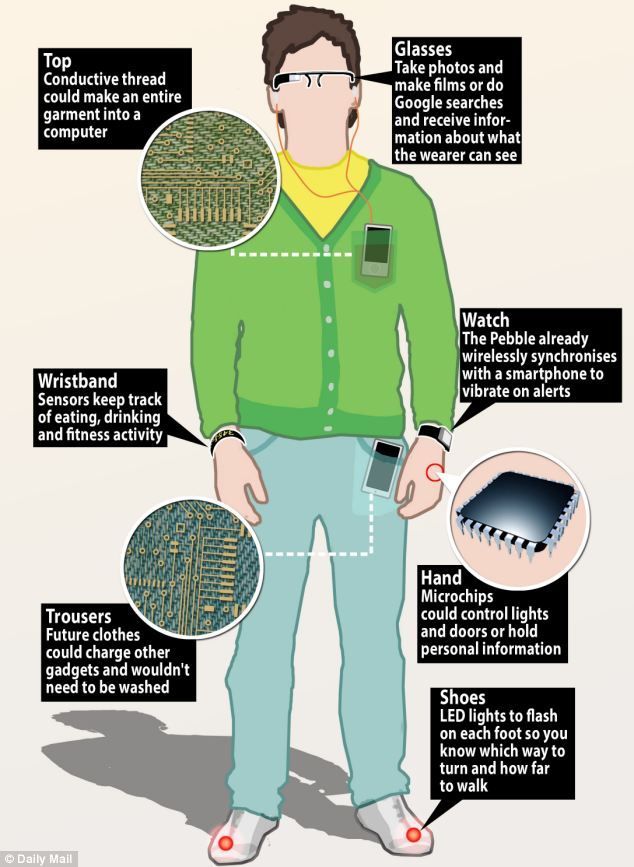 1699 -R.
1699 -R.
This Concept convinces us that the introduction of an electronic identity card, in particular, will allow "to ensure: the creation of an integrated system for the unambiguous identification of citizens of the Russian Federation based on a single register of identity cards using a single end-to-end identifier". nine0121 The concept calls the main goals of introducing such certificates “ensuring guaranteed identification of citizens of the Russian Federation, including in the electronic environment, centralized management of the development, implementation and maintenance of an identity card based on a unified technological policy, taking into account industry, national and international standards adapted to domestic conditions in the field of personal identification; ensuring the possibility of storing additional biometric data of the owner on the electronic carrier of the identity card”. nine0121 We see that all of these documents refer to the individual and the person nothing more than a biological object and the likeness of a product, the movement and characteristics of which should be taken into account.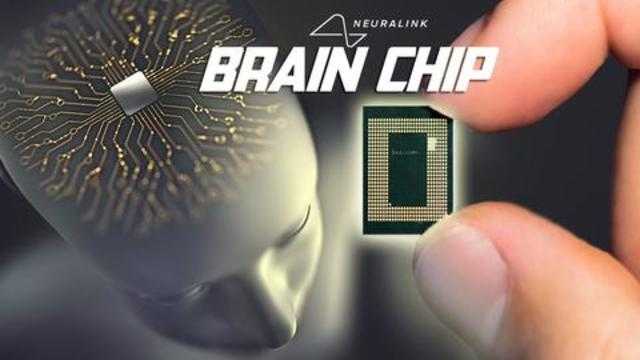
That is, the problem raised by us is not far-fetched and fictitious. The threat of universal electronic chipization is more than urgent and real.
Here are some examples:
According to Alina Radchenko, head of the apparatus of the Civic Chamber of the Russian Federation: “The same chipization of the brain is just a matter of time. And whether we like it or not, in the near future it will become a part of our life.” nine0121 According to the leader of the Liberal Democratic Party Zhirinovsky (program “Sunday Evening with Vladimir Solovyov”), it is now necessary to collect and record in electronic form ALL data about a person to fight crime and identify an individual, and moreover, he advocates implanting chips in everyone to achieve these goals .
“When everyone is implanted with a chip, then we know the data of each person, and it will be written on the scoreboard: here it is,” this is the opinion of this politician.
Some countries have long been practicing this method of tracking unwanted people.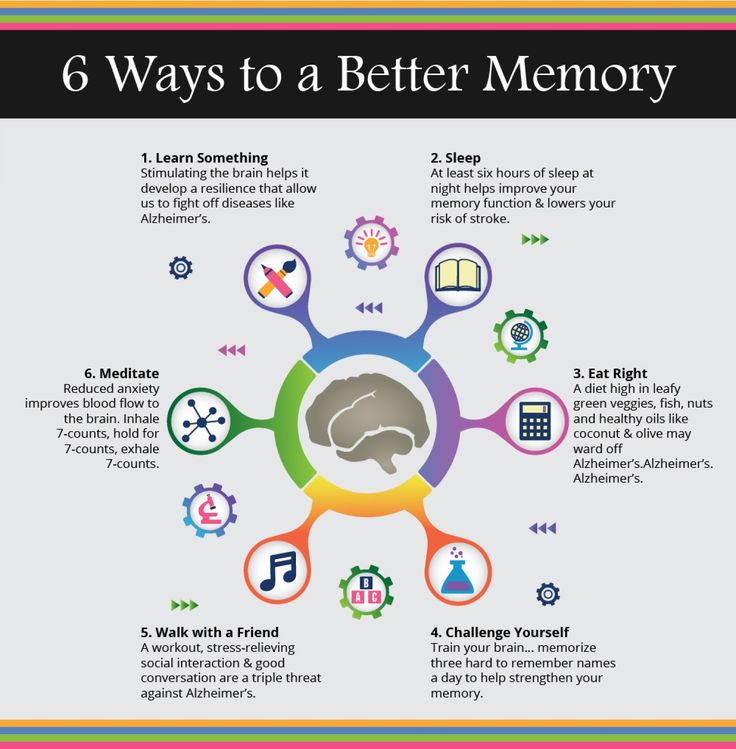 In one of the programs, in an interview with Zvezda TV correspondent Maxim Dodonov, the well-known whistleblower Julian Assange admitted that in order to track him, by decision of the competent authorities in England, a microchip was implanted in his maxillary sinus, which allows him to track his location at any time. Such a measure of restraint has been in effect in England for 15 years (according to the materials of the Internet network)
In one of the programs, in an interview with Zvezda TV correspondent Maxim Dodonov, the well-known whistleblower Julian Assange admitted that in order to track him, by decision of the competent authorities in England, a microchip was implanted in his maxillary sinus, which allows him to track his location at any time. Such a measure of restraint has been in effect in England for 15 years (according to the materials of the Internet network)
According to materials available on the Internet, parents in St. Petersburg are taking the initiative to implant microchips into the bodies of their children to control their location. For all the controversy of such an initiative, the number of its supporters, according to the journalists of Channel 5 of St. Petersburg, is quite large.
“It’s high time to chip people, I forgot the keys, hit my head, the door opened ... A person will not get lost, that’s right,” this is how the hosts of the Moscow 24 TV channel try to show us the advantages of this process.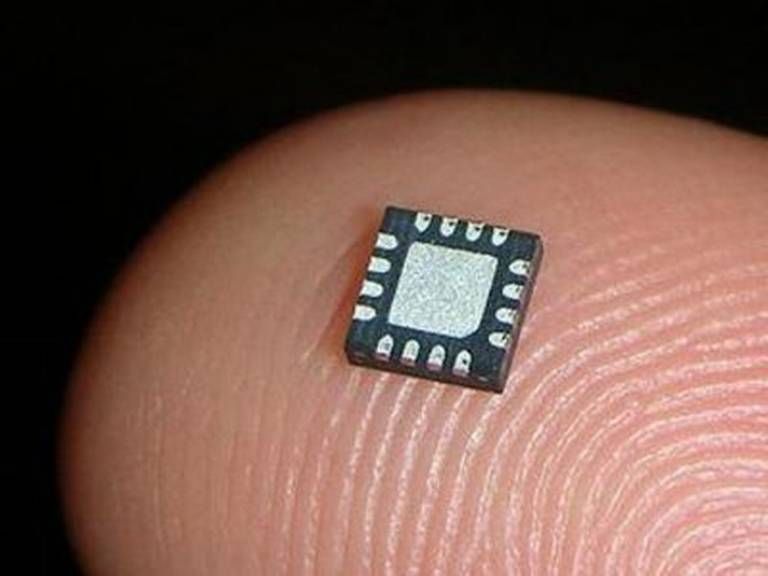 nine0121 According to Mikhail Khazin, which he said on the Echo of Moscow radio, in the face of growing social tension and dissatisfaction with the authorities, chipization is a universal and effective way to deal with dissent and dissidents, since it is much easier than changing the system of state power and reaching a compromise with society: "If you behave incorrectly, then we simply block your chip and you starve to death because you cannot pay."
nine0121 According to Mikhail Khazin, which he said on the Echo of Moscow radio, in the face of growing social tension and dissatisfaction with the authorities, chipization is a universal and effective way to deal with dissent and dissidents, since it is much easier than changing the system of state power and reaching a compromise with society: "If you behave incorrectly, then we simply block your chip and you starve to death because you cannot pay."
It should be noted that he is not alone in such gloomy and radical forecasts. The well-known political scientist and ideologist of US foreign policy Zbigniew Brzezinski sees the further development of technological systems for tracking and collecting information this way. This opinion was expressed by him in the book “Between two eras. American Role in the Technotronic Era:
“The technotronic era makes relevant the gradual emergence of a more controlled society. Such a society will be led by an elite no longer bound by traditional values.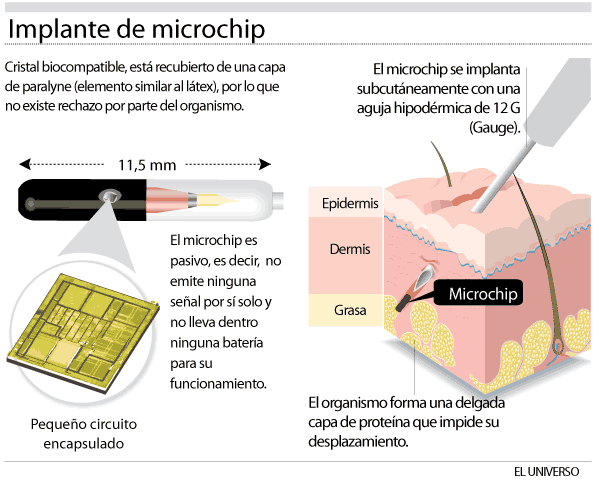 It will soon be possible to have full and every second control over every citizen and the same instant access of the authorities to this information. In the technotronic era, society will be a cluster of disparate individuals, each of which is under the direct control of those who ask them everything - from emotions to actions. (Between Two Ages: America's Role in the Technetronic Era. Viking Press. 1970. ISBN 978-0-313-23498-9.)
It will soon be possible to have full and every second control over every citizen and the same instant access of the authorities to this information. In the technotronic era, society will be a cluster of disparate individuals, each of which is under the direct control of those who ask them everything - from emotions to actions. (Between Two Ages: America's Role in the Technetronic Era. Viking Press. 1970. ISBN 978-0-313-23498-9.)
The well-known satirist Mikhail Zadornov believes that the ultimate goal of world politicians in relation to Russia is to deprive Russian generations of education, introduce young people to a primitive understanding of life and, in the end, chip everyone and everything. (Fragment of the film by correspondent A. Loshak "Total Eclipse, NTV")
In this regard, it will not be out of place to note that since 1988 (!) in the USA, a program (so far voluntary) for the electronic chipization of children (MYCHIP - Masonic Youth Child Identification Program), funded by the US Masonic lodge, has already been operating. At present, it is said that more than 300,000 children are already covered by such a program. nine0121 This program operates not only in the United States - there is also an international program of Masonic chipization. That is, the American Freemasons launched the collection of data on children and adolescents in other countries. It is not known whether they are interested in the inhabitants of Asia and Africa, but the fact that the American Masonic network for collecting data on children covers Europe and Russia is undoubtedly, especially since the United States has a rich experience in adopting Russian children, sometimes giving, as recent years have shown, deplorable results. results. nine0121 It has already been suggested in the US that the "Children and Youth Identification Masonic Program" has hidden, far-reaching goals, and child care is just a front.
At present, it is said that more than 300,000 children are already covered by such a program. nine0121 This program operates not only in the United States - there is also an international program of Masonic chipization. That is, the American Freemasons launched the collection of data on children and adolescents in other countries. It is not known whether they are interested in the inhabitants of Asia and Africa, but the fact that the American Masonic network for collecting data on children covers Europe and Russia is undoubtedly, especially since the United States has a rich experience in adopting Russian children, sometimes giving, as recent years have shown, deplorable results. results. nine0121 It has already been suggested in the US that the "Children and Youth Identification Masonic Program" has hidden, far-reaching goals, and child care is just a front.
We cannot but agree with the last statement.
The trend of widespread and total chipization is clearly visible in high-tech countries such as Japan.
Billions of special microchips are already being installed in everything that comes to hand, from the road surface to packages of ordinary chips. Buying a head of cabbage, a Tokyo resident can look into the eyes of the farmer who grew it and find out the address of his farm. nine0121 Japanese scientists implant microchips wherever possible, whether it be a department store, a subway station, a milk carton in a store or a tree in a park.
This state of affairs perfectly shows the main vector of the development of the chipping system in all spheres of society and, in our opinion, it will not be limited to chipping goods or environmental objects, and in the future, chipping people will become forced, since it will become impossible to live in the electronic world without an embedded electronic device. nine0121 According to Konstantin Sivkov (Doctor of Military Sciences, First Vice President of the Academy of Geopolitical Problems, military expert), for the widespread introduction of chips, it is necessary to create the infrastructure that is currently being created. In particular, a step towards such an infrastructure is the introduction of biometric foreign passports at this stage. In other countries of the world, internal passports with chips are already being introduced.
In particular, a step towards such an infrastructure is the introduction of biometric foreign passports at this stage. In other countries of the world, internal passports with chips are already being introduced.
After the widespread introduction of such passports, the next logical step will be the implantation of chips into the human body. At the same time, the behavior of these chips and the result of their use will depend on the signal given to it from the outside. And the results of such an impact can be different - from obtaining information about the person and her location at the moment, to the physical death of the carrier (according to the materials of the Internet network). nine0004
In Mexico, microchips implanted under the skin are already being introduced in order to quickly search for their carriers in extreme situations (committing a crime, natural disasters) and identifying their carriers when paying for services. (Channel 1, ORT)
“Experts predict that by 2030 almost the entire population of the planet will be under special control. A special chip will be sewn under the skin of each, which will allow to determine the location of a person and influence him. Who will be the laboratory in which people will be in the role of guinea pigs? This question is asked by the authors of the program “Secrets of the World with Anna Chapman” on REN TV. nine0004
A special chip will be sewn under the skin of each, which will allow to determine the location of a person and influence him. Who will be the laboratory in which people will be in the role of guinea pigs? This question is asked by the authors of the program “Secrets of the World with Anna Chapman” on REN TV. nine0004
It would not be superfluous to quote the words of a deputy of the State Duma of the Russian Federation from the United Russia party regarding the above-mentioned strategy for the development of the Russian electronics industry for the period up to 2025. In his opinion, "all this was written by the Americans and served to officials, who, in turn, served to those who make decisions." (Informative TV)
We have given only a small part of the examples confirming the reality of the threat of chipization and the trend of promoting its usefulness and necessity in society. All materials used by us are freely available and available for verification by interested parties. nine0121 For many years we have been told that civil society, a society free from state control, capable of self-organizing and influencing state power, was encouraged in every possible way by the ability and ability of society to achieve its goals. Contrast with state power, control it.
nine0121 For many years we have been told that civil society, a society free from state control, capable of self-organizing and influencing state power, was encouraged in every possible way by the ability and ability of society to achieve its goals. Contrast with state power, control it.
Now we see that the state is abandoning the goals and values proclaimed earlier and is striving to subjugate all spheres of society under plausible pretexts, the state is striving to possess and control information about any citizen, striving for universal control, striving to dominate the individual. nine0121 As before, the state, doing its best to disguise its intentions, seeks to have information not only about each member of society, but also about his social actions, movements, preferences, connections, weaknesses and requests.
We are convinced that this information will be strictly confidential and closed to outsiders, that it will be used only in the interests of the citizen himself, or to ensure law and order in the country, that it will be protected from abuse.
We believe that there are two significant flaws in such a position - formal and material. nine0121 Our formal justification for the failure and inconsistency of the ideas of electronic collection and storage of information about citizens is that at present information about telephone numbers, brands and numbers of cars, property, family members is absolutely available to anyone, and for a fee this information can be purchased on any electronic medium. And this is despite the fact that this information is protected by the Federal Law “On Personal Data”, is limited in distribution, and criminal liability is provided for its dissemination (Article 137. Violation of privacy). nine0121 It remains only to guess how the state will ensure the safety of the increased array of information, if it is already unable to do this now, unable to protect the data already available. It remains only to speculate and be horrified by the one into whose hands and how easily the information that each of us so carefully keeps and tries to keep secret will fall into.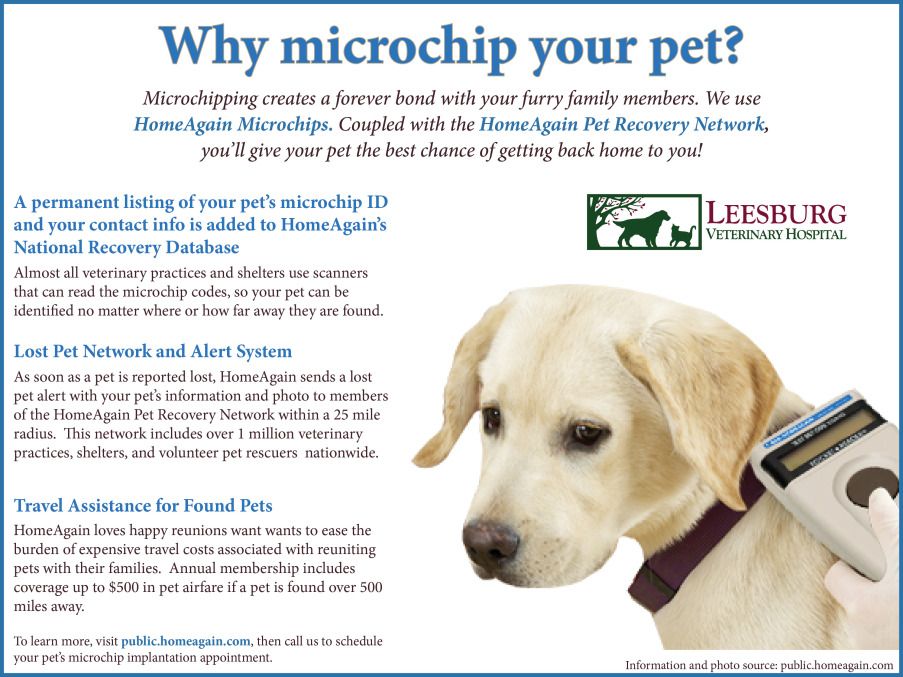
At a time when criminals and departments have begun a real hunt for personal data, Western intelligence agencies are engaged in total espionage on the global network, all information can be found on the markets, we cannot transfer information about ourselves to open-ended electronic registers that are transparent to fraudsters
We believe that at this stage the state is unable to fully protect its citizens and the measures taken by it do not bring the desired result, remain declarative and ineffective. Therefore, now the electronic collection and storage of information about citizens is premature and arrogant, dictated by the goals already indicated above, and not by concern for the well-being of members of society.
The material substantiation of our position proceeds from the principle of autonomy and the value of each individual, from the principle of his inviolability. This principle, it seems to us, concerns not only physical inviolability, but also the inviolability of information about a person, which she seeks to keep secret. nine0121 Total information about a person gives power over him. Using the weaknesses of the personality, it can be manipulated - this is an old truth.
nine0121 Total information about a person gives power over him. Using the weaknesses of the personality, it can be manipulated - this is an old truth.
Practical result
Protection of citizens from unauthorized and covert interference in personal space. Protecting society against the growing ability of information systems to store and process information without human intervention. Inadmissibility of the transition to total state control over the individual and society
Decision
1. Prohibit the implantation of a chip under the human skin for any purpose, in connection with which the law prohibits the implantation of any chips into a person
2. Prohibit the use of skin barcode chips.
3. In every city that has an international airport or railway station or seaport, create special places where anyone can officially scan their body for the presence of chips implanted without their knowledge, with the possibility of their subsequent removal from their body.





